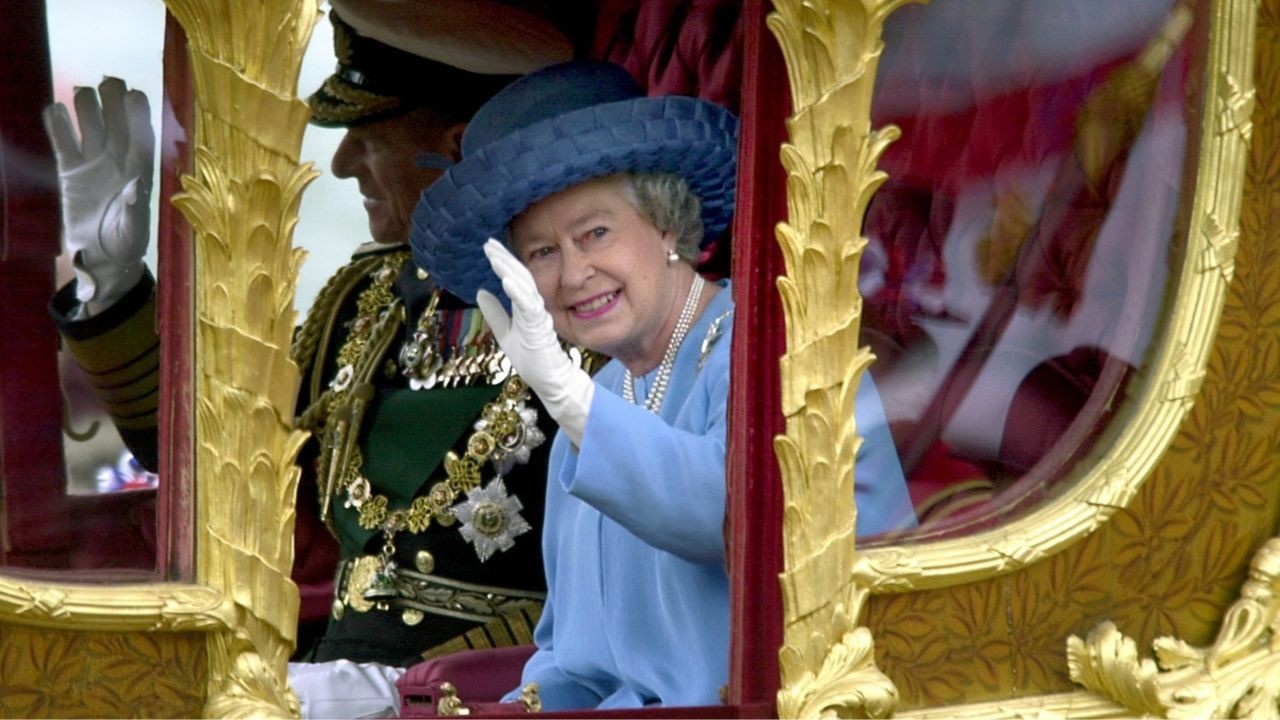
With her passing, Queen Elizabeth II exemplifies both stability and change. A steady, wise presence that defined an era, her death highlights the underlying chaos of the times.
We crave the illusion of constancy because the reality of continual change is terrifying. Hardwired to control our environment for physical safety, stability equals survival. To get beyond this ingrained, instinctive drive we can look to the three marks of existence in Buddhism - impermanence, non-self, and suffering.
Impermanence is a fact; we are born and die, along with all other beings in this earthly realm. From one moment to the next something changes. It can be as subtle as a different thought arising, or it can be radical - when events “turn on a dime". Every moment has that potential, for good and bad, to be pleasant or irritating.
Some think Buddhism over-emphasizes suffering, but other translations of “dukka” are dissatisfaction and sorrow - all part of human experience. Our relationship to change (and loss) creates suffering when we attach to what was. The stronger the attachment - to what was, or should have been - the deeper our suffering. A memory can be a sweet fleeting remembrance, or a re-experienced trauma. Replays of a fear or shock, or the threat of an imagined future, kidnaps our present moment.
Living in the present liberates us from suffering. Of course we need to plan and organize our lives, but we can do that with the understanding that plans will change. Embracing impermanence helps to keep a healthy perspective on difficulties we may be having. It brings us face to face with the unknown and our deepest fears, and with that meeting, the opportunity to do something different in response.
Non-self is the key to that freedom to make a new choice. The mind and ego create a false sense of self that is separate from everything else and needs to be protected. Understanding on a deep level that all is connected, and although our forms may change (another occasion for suffering as we age!) we are eternal beings. Even an atheist can agree that the corporeal body will live on, broken down into smaller elements (ashes, dust, nutrients) that remain a part of the world.
Non-self destroys the domination of ego, and when you are a part of the whole you care for all as you would yourself. It engenders love at the most profound level, without discrimination or conditions. Love is the antidote to fear, and “loving what is”* will release us from suffering. Greet the new with curiosity. “I don't know” is liberating. Look for similarities, not differences. Eventually it all becomes - interesting.
Queen Elizabeth II graciously accepted so much change in her long reign! Always a “good sport” she met the times with goodwill and modesty. She encouraged reconciliation and acknowledged new realities in Ireland and the Commonwealth. A champion of human rights figures like Nelson Mandela, hers was a gentle guiding hand in world affairs.
Her impact is being called “soft power” - the kind of power that has a lasting impact, and arises from kindness and generosity versus force. She made an indelible mark on history, striving to uphold the best qualities of humankind. The whole world honors her life.
Peace, love and healing -

Bear
P.S. *I highly recommend Byron Katie's seminal book, “Loving What Is”.
Scroll down and join the discussion
Subscribe to my weekly blog with commentary and great resources about personal development, healing, and spirituality.
We will never sell or share your information with anyone!
